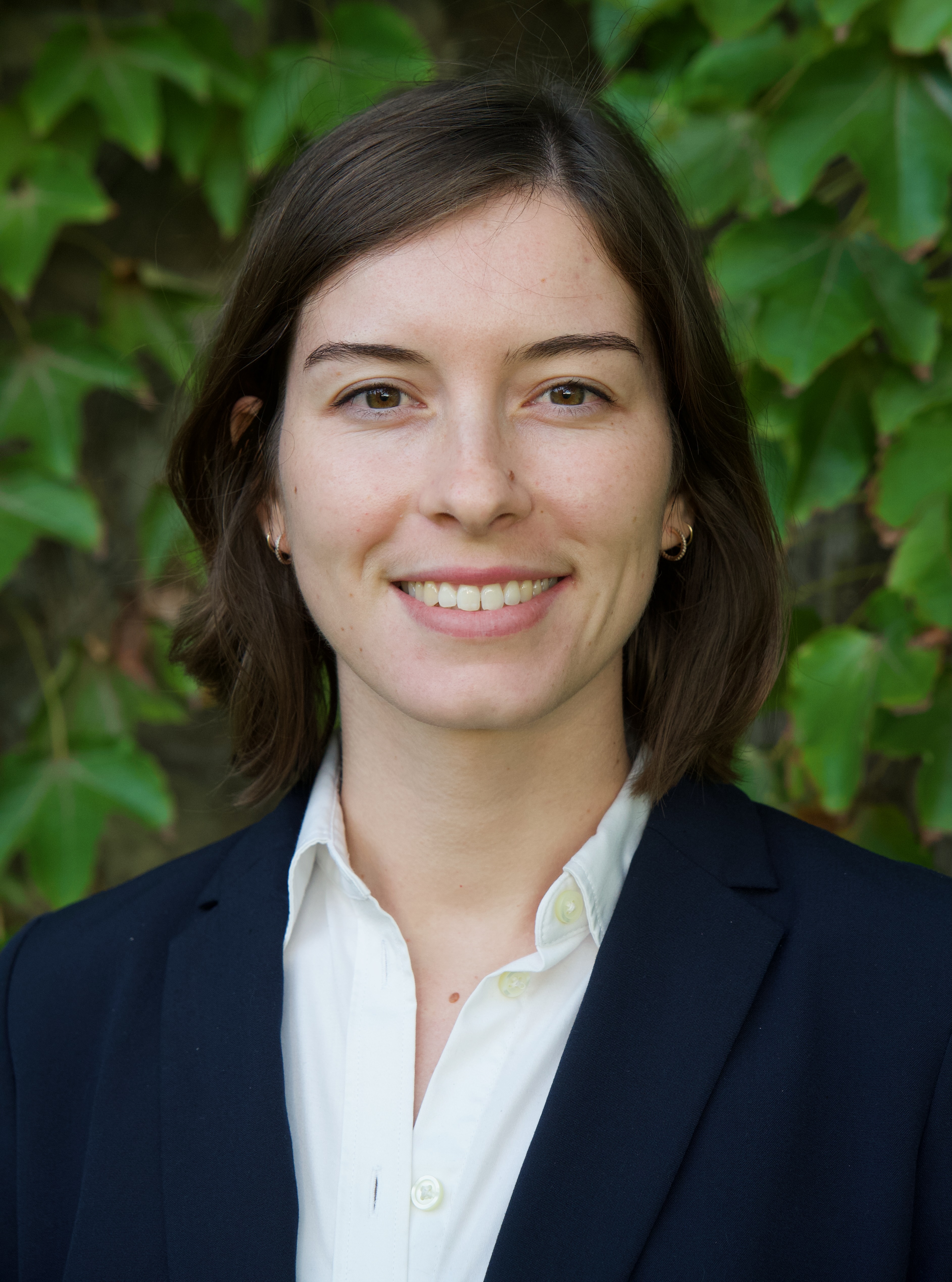I’m a Clinical Assistant Professor of Economics at Pace University. My research interests are in applied macroeconomics, monetary economics, and consumer finance.
Email: apuig [at] pace.edu
Research Interests
- Macroeconomics
- Monetary Economics
- Public Finance
- Consumer Finance
Education
- PhD in Economics, American University, 2025
- BS in Economics, University of Maryland College Park, 2019
Recent News
- Nov 2025: New working paper! Feedback welcome [Link] "Beliefs Under Lockdown: Causal Evidence on Inflation Expectations from China" with Xuguang Simon Sheng and Zhiyong Fan
- Apr 2025: Awarded "best paper in applied economic research" by American University Department of Economics
- Jun–Sep 2024: Dissertation Fellow, Federal Reserve Board
- Jan–May 2024: Visiting Fellow, University of Pennsylvania, Department of Economics
- Sep 2023: Winner of Barbara Bergmann Prize Grant. Designed and collected survey on consumer behaviors, expectations, and understanding of monetary policy
- May–Jul 2023: Graduate Economic Intern, Federal Reserve Board
- Jun–Sep 2022: Fund Intern, International Monetary Fund
- May–Jun 2022: Visiting Research Scholar, Federal Reserve Bank of San Francisco, Winner of "Unlocking Our Potential" Essay Contest
Job Market Paper
- Award for "best paper in applied economic research", Department of Economics, American University, 2025
The racial wealth gap is large. An explanation for the persistence of this gap is that people spend their resources differently. Estimating the marginal propensity to consume (MPC) by race is crucial in understanding the wealth gap. I draw on survey data I collected to estimate MPCs by race. MPCs are considerably higher among black than white respondents, even after adjusting for characteristics such as age, education, and income. In the Consumer Expenditure Survey, black households consume a higher share of visible goods out of overall consumption to signal status than white households. However, black consumers have more of a need to signal status to compensate for perceptions of them having lower incomes. To match these facts, I introduce status compensation motives into a standard life-cycle model and show that this mechanism can account for 36% of the racial difference in MPCs. Models that include racial heterogeneity in earnings volatility, unemployment shocks, and expenses, but exclude status motives, do not match the data showing that black people’s spending on visible goods increases with wealth. I use my model to show how understanding status spending motives can be used to address the racial wealth gap by estimating the size of a new policy to eliminate racial differences in wealth.
